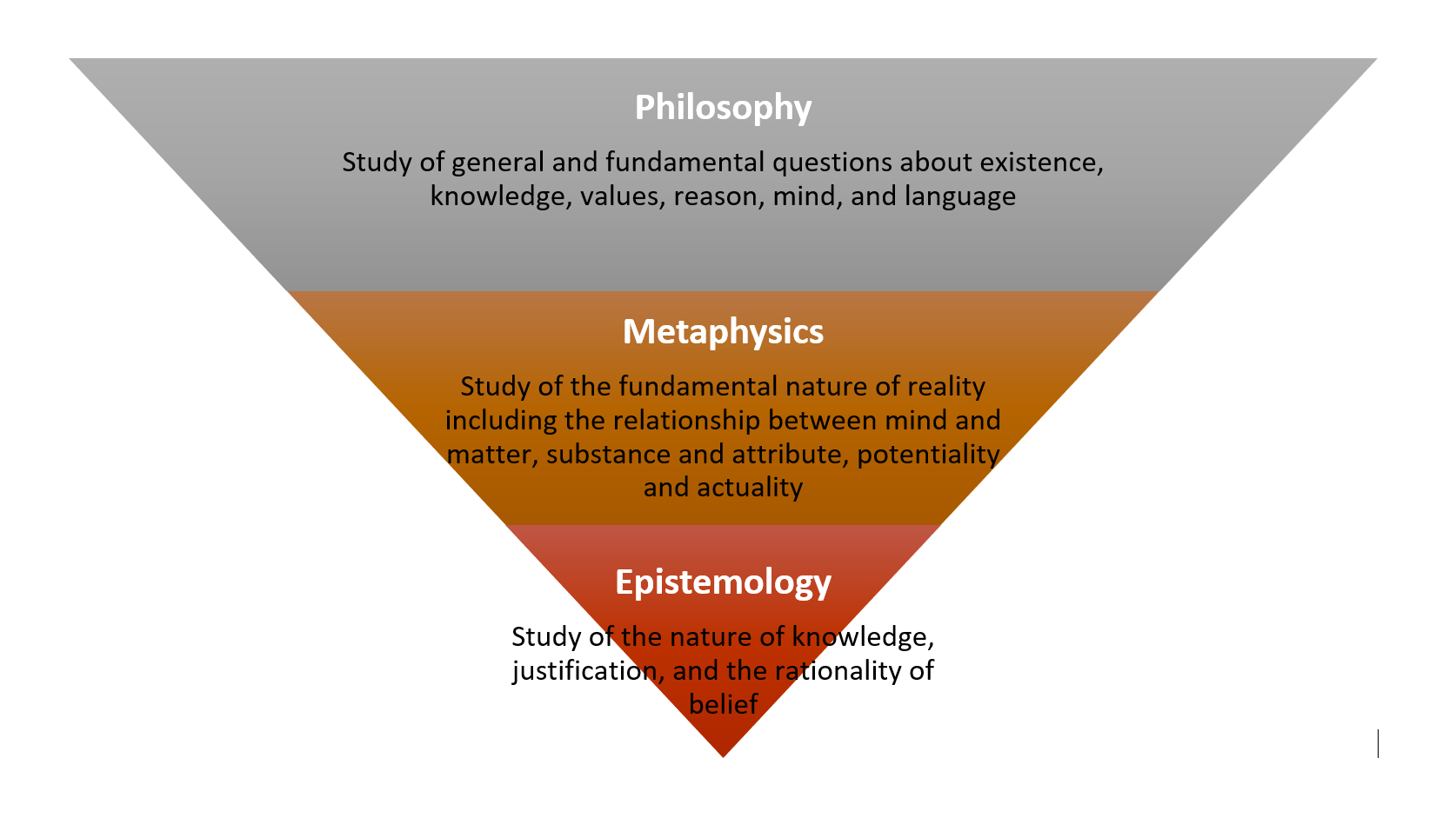[Revised entry by Matthias Steup and Ram Neta on October 26, 2024.
Changes to: Main text, Bibliography, notes.html]
The term “epistemology” comes from the Greek words “episteme” and “logos”. “Episteme” can be translated as “knowledge” or “understanding” or “acquaintance”, while “logos” can be translated as “account” or “argument” or “reason”. Just as each of these different translations captures some facet of the meaning of these Greek terms, so too does each translation capture a different facet of…
Post Views: 179
Read the full article which is published on Stanford Encyclopedia of Philosophy (external link)







